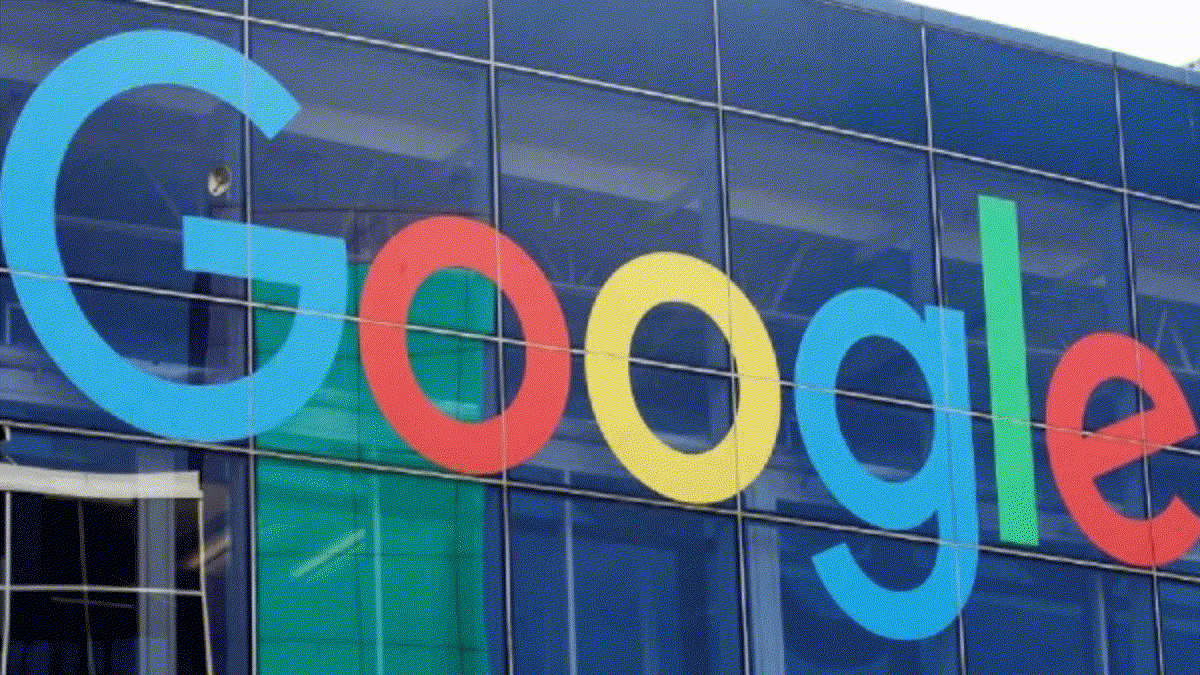London: Microsoft and Google have recently made big investments in two of the most valuable companies in artificial intelligence (AI). OpenAI, which developed ChatGPT, has received a staggering investment of USD 10 billion (7.8 billion) from Microsoft, while Google has invested USD 300 million in Anthropic. The companies' financial support for AI has pushed an ongoing rivalry in to the public spotlight. Google's struggle for dominance with Microsoft is increasingly at the forefront of discussions about AI's future success.
Google has made enormous contributions to the field of AI development, including the invention of transformers a particular form of machine learning, where an algorithm improves at tasks as it is trained on data the advancement of techniques for automating the translation of languages and the acquisition of AI company DeepMind.
Although Google has consistently positioned itself at the forefront of AI development, a significant milestone was reached with the introduction of ChatGPT. California-based company OpenAI released ChatGPT in November 2022 and a more advanced version, GPT-4, was unveiled in February 2023.
The arrival of ChatGPT sparked widespread discussion about artificial general intelligence (AGI) where machines surpass human intellect. This was also the focus of warnings by Geoffrey Hinton, an influential figure in AI, who gave several interviews outlining his concerns about the technology after resigning from Google earlier this year.
Consequently, the number of research papers focusing on large language models (LLMs) the type of AI technology ChatGPT is based on surged. Other AI research areas, such as dialogue systems and information retrieval, stand to lose out. Amid this rapid technological disruption, it seems that Google fears losing its technological edge and market dominance.
Contradictory position? This concern is not unwarranted. ChatGPT, made by a direct competitor, has made use of Google's pioneering internet search techniques to generate significant profit. Furthermore, the flow of talent from Google to OpenAI along with the latter's rapid growth has become a worrying trend for the search giant.
When OpenAI was founded, one of its principles was making software that was open source, where software is publicly available, allowing developers to share and modify it. Google, meanwhile, has maintained a relatively consistent commercial approach regarding its plans and ambitions.
Also read: In San Francisco, Biden talks with tech leaders about risks and promises of artificial intelligence
However, OpenAI's recent shift towards commercialism and closed-source practices seems to contradict its original corporate philosophy. Some industry insiders have criticised OpenAI for its somewhat contradictory posture. While it presents itself as a champion of open-source AI, it is undeniably a commercial entity, a fact it does not readily admit. This tension between OpenAI's public image and business realities has made the rivalry with Google even more intriguing.
One likely outcome of this competition is the continued evolution and refinement of AI technology, spurred by the need to stay ahead in the market. Google's techniques, once exploited by OpenAI for commercial gain, will probably undergo further innovation. This evolution will not only enhance the functionality of AI applications, but also greatly improve user experiences.
Yusuf Mehdi, corporate vice president at Microsoft, recently indicated that the company didn't feel it necessary to overhaul the search landscape, as even a single point increase in market share represented a USD 2 billion hike in value. This strategic downsizing of their ambitions could be an attempt to lessen competitive pressures in the tech industry.
Stronger scrutiny: It's worth noting that Microsoft's association with OpenAI adds another layer to this complex rivalry. Google has also shown a willingness to invest in external AI projects to extend its influence. For instance, the company's investment in Anthropic, an AI research company, reflects Google's strategy to maintain its technological lead through strategic partnerships.
One concern that resonates with many people, including me, is the potential for misinformation, disinformation and distortion created by ChatGPT. With over 200 million users, it serves around 2.53 per cent of the global population. Widespread disinformation on social media has significantly eroded trust in online content and reportedly influenced the 2016 US presidential election.
With such a vast user base for ChatGPT, it is conceivable that tech companies could manipulate conversations, subtly swaying users' preferences and decisions in numerous ways. Therefore, the need for stronger scrutiny and regulation of these large language models is becoming increasingly urgent.
Despite the growing competition over AI, Google remains a respected entity in the global tech industry. The AI rivalry between Google and Microsoft has driven both companies to push the boundaries of this technology, promising exciting advancements in the years to come. The various strategies employed in this competition, from talent acquisition to strategic investments, reflect the significance of the stakes in the AI landscape.
Specifically, acquiring top talent allows these companies to advance their AI capabilities, giving them a competitive edge. Strategic investments, on the other hand, allow for diversification and expansion into new AI applications and sectors, increasing their influence and market share in the AI field. These actions underscore the high value and potential of AI technology in shaping our future. (PTI)



